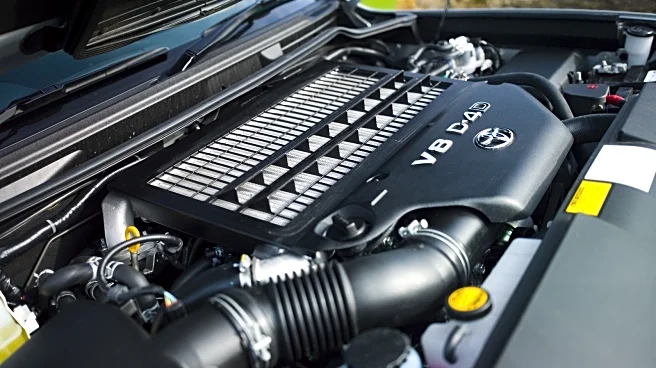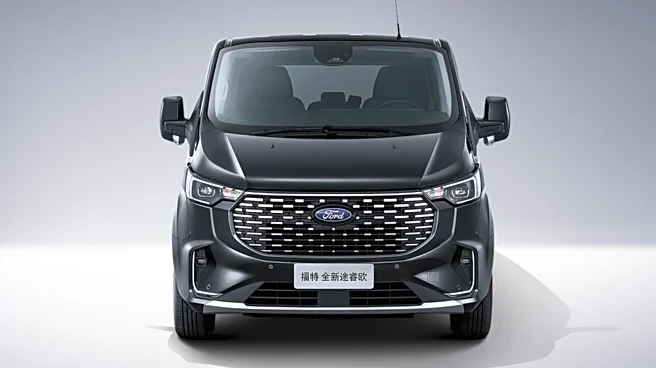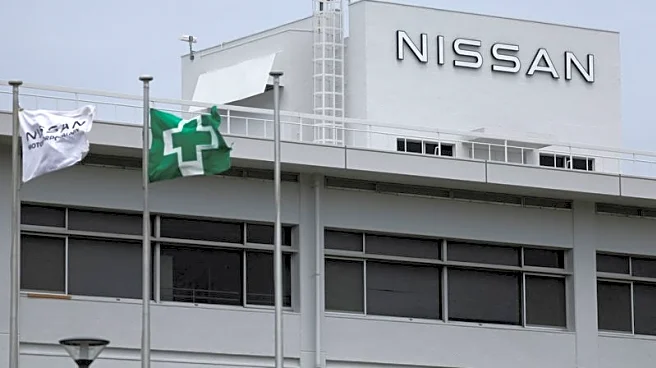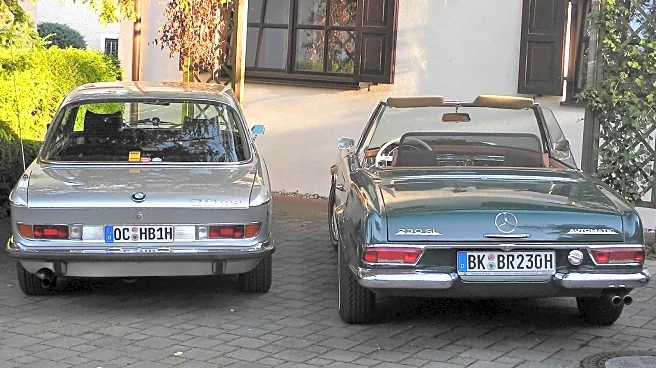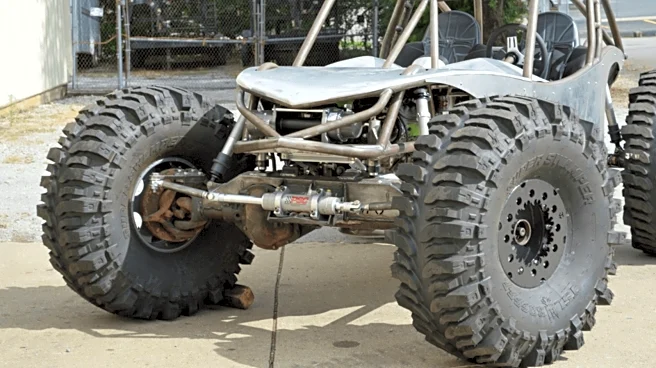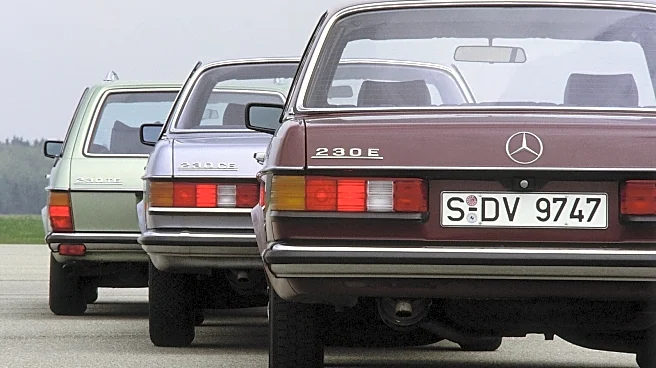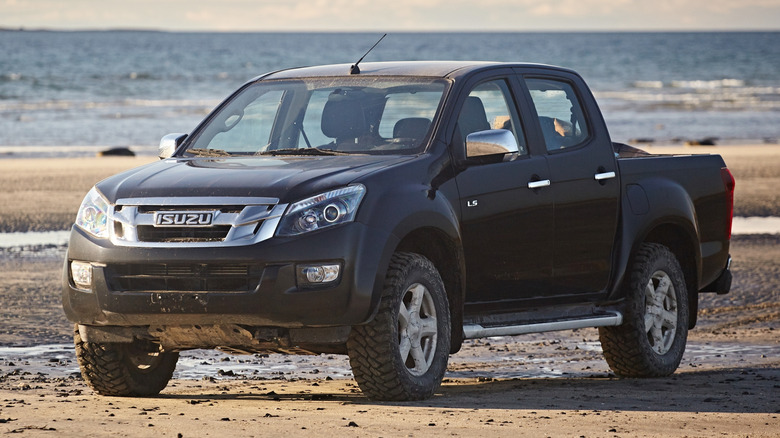
Some carmaking conglomerates own a dizzying array of brands. To take an example, VW Group owns the Czech budget car brand Škoda, the iconic Lamborghini brand, Porsche, Audi, and bikemaker Ducati, among others. Toyota doesn't own as many brands as VW, but it still has a collection of subsidiary car and truck brands, including Lexus, Daihatsu, and Hino. It also has minority stakes in several other carmakers, although it doesn't own them outright. Isuzu is one such brand, with Toyota owning a 5.55%
stake in its fellow Japanese automaker. There is no one company or institution that owns the majority of Isuzu, with the company's shares instead being held by a variety of institutions, businesses, and funds.
The company with the largest single stake in Isuzu is Mitsubishi, which owns around 9% of Isuzu's shares. Both companies have a long history of collaboration stretching back to the 1960s, and have a long-standing partnership making commercial vehicles in key Asian markets like Thailand. The second largest stakeholder in Isuzu is Itochu Corporation. Most enthusiasts won't have heard of Itochu, but the company has played a supporting role in the development of a number of Japanese automakers.
In addition to its international partnerships with brands like Suzuki, Itochu also holds investment stakes in luxury import dealerships and car leasing firms within Japan. Itochu and Isuzu have been working together since the '70s, with Itochu responsible for arranging Isuzu's initial partnership with GM in 1971.
Read more: 6 Car Brands You Might Not Realize Are Owned By Volkswagen
Isuzu's Other Owners

Alongside Mitsubishi, Itochu, and Toyota, a long list of institutions holds minority stakes in Isuzu. These include a number of heavyweights in the asset management industry, including BlackRock and Vanguard. Firms like this hold shares on behalf of individual investors, often as part of a particular fund. Several local Japanese asset management firms also hold shares of Isuzu, with one firm, Nomura Asset Management Co., having a larger stake in the automaker than Toyota does.
Individual investors can also buy shares of Isuzu through a broker, since the company has a primary listing on the Tokyo Stock Exchange and multiple secondary listings in Germany. In total, around 33% of Isuzu is owned by retail investors and publicly-traded companies, while 28% of the company is owned by mutual funds or ETFs (exchange-traded funds that an individual investor could buy). The remaining proportion is owned by a variety of other investment institutions.
What Does Isuzu Make Today?
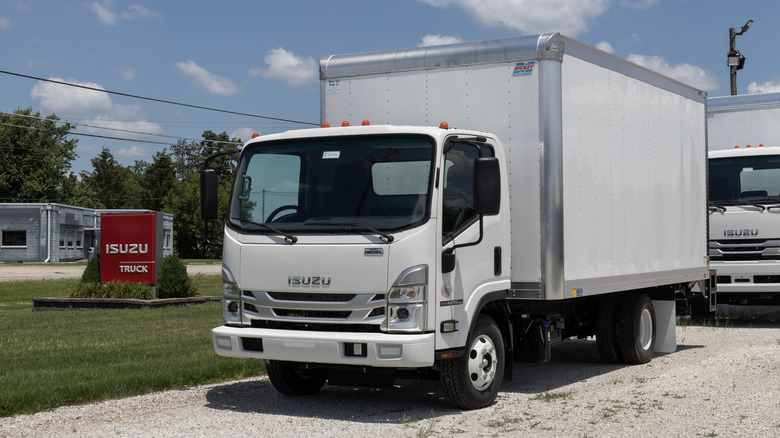
Now that you know who owns Isuzu, you might be wondering why the company doesn't sell cars in the U.S. anymore. After almost three decades of American sales, Isuzu left the U.S car market in 2009. By then, it had already endured consistently declining sales for years. The nail in the coffin was that the brand's two-model lineup, both of which were rebadged GM models, was set to be discontinued by GM. Isuzu didn't think it was worth investing in the design of multiple new vehicles to fill its dealerships, so it decided to pull out of the U.S. market altogether.
Despite no longer selling cars, Isuzu still sells commercial vehicles in the U.S., with around 300 locations around the country. In certain other markets, the brand offers a lone SUV model, the MU-X, which is a spiritual successor to the discontinued Trooper SUV. It also sells the D-Max pickup in both Asia and Europe. To date, the brand hasn't unveiled plans to return to the U.S. passenger vehicle market, but it is continuing to invest in its American commercial vehicle operations. In early 2025, the company announced that it was building a new production facility in South Carolina to manufacture the next generation of its electrified commercial vehicles.
Want the latest in tech and auto trends? Subscribe to our free newsletter for the latest headlines, expert guides, and how-to tips, one email at a time.
Read the original article on SlashGear.
